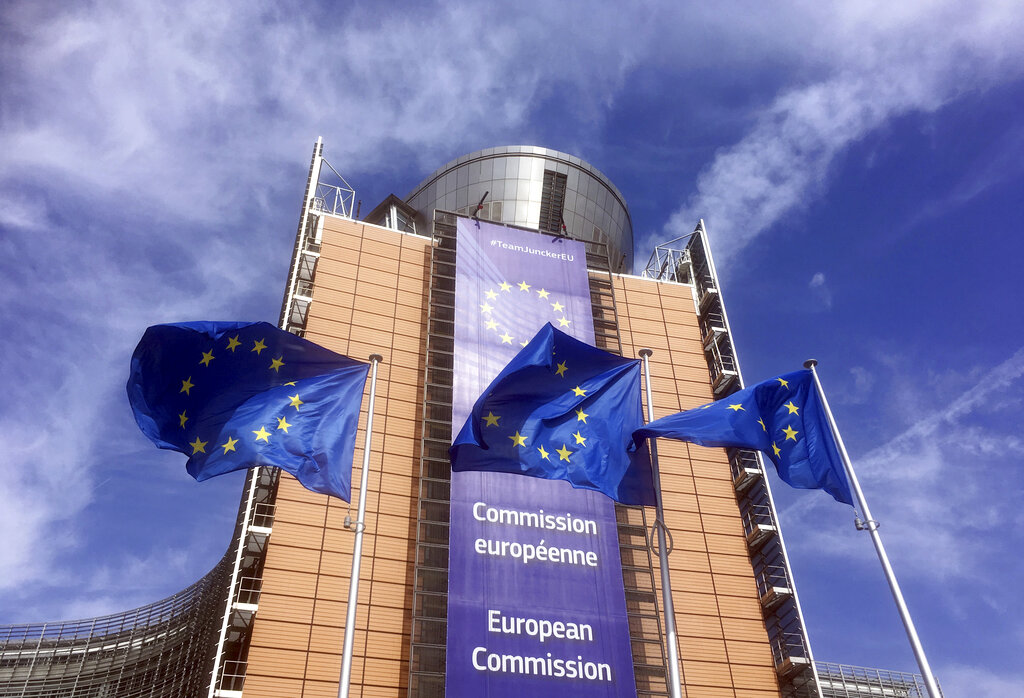As many as nine EU member states have yet to receive a cent from the Recovery Fund created by the European Union to provide financial aid to countries following the coronavirus pandemic.
The Recovery Fund was supposed to be a quick injection of funding for EU economies in the aftermath of the pandemic; however, just €150 billion of the €800 billion aid package has been distributed across the bloc to date, reaching just 18 countries.
In Brussels, it is increasingly heard that the implementation of some investments before the expiration of the Recovery Fund in 2026 may prove impossible.
To receive money, a country must submit a payment request to the European Commission. However, this is only possible after achieving so-called milestones for a given tranche after meeting specific investment conditions. In the absence of their fulfillment, the European Commission blocks the payment.
This happened in the case of Italy, which, according to the Commission, has problems with fulfilling commitments. Rome received two installments of funds, but a third installment was frozen by the Commission because the so-called milestones were not met.
Some EU countries have already submitted revised investment plans to the Commission, and officials in Brussels assume that others will join them in the coming weeks. The Commission promises to do everything it can to issue an assessment on their case as soon as possible.
So far, not a single euro from the Recovery Fund has been received by Poland, Germany, Hungary, Estonia, Sweden, Finland, the Netherlands, Belgium and Ireland.
“As a result of the war in Ukraine, there has been massive inflation, energy price hikes, and the cost of living for the average EU resident has increased. Meanwhile, the European Commission, in its plans concerning the Recovery Fund, did not take into account such a scenario at all,” said Poland’s Law and Justice (PiS) MEP Bogdan Rzońca, a member of the European Parliament’s budget committee.
“Some of the goals that the Commission set for the EU were unachievable from the start,” he added.
In his opinion, funds should have simply been allocated to those areas that suffered the most as a result of the pandemic, for example, toward improving healthcare, fighting unemployment, and assisting businesses. “There were simple solutions, but the Commission went for unrealistic ambitions,” he said.
This is not the only trouble for Brussels. To finance the Recovery Fund, the European Commission borrowed on behalf of the EU via the capital markets. The problem now is the sharp increase in the cost of servicing these loans, which are covered by the EU budget for 2021-27.
When the fund was established, it was assumed that the average interest rate would gradually rise from 0.55 percent in 2021 to 1.15 percent in 2027. As a result, €14.9 billion was allocated in the 2021-27 budget for the repayment of interest on Recovery Fund loans.
Meanwhile, rates are significantly higher today. This means that the €14.9 billion will be used up by the summer of 2023, more than four years ahead of the original plan.
“Simulations show that loan servicing costs will reach €34 billion for the period 2021-2026,” revealed the Commissioner for Economy Paolo Gentiloni at a recent meeting of the European Parliament budget committee.





